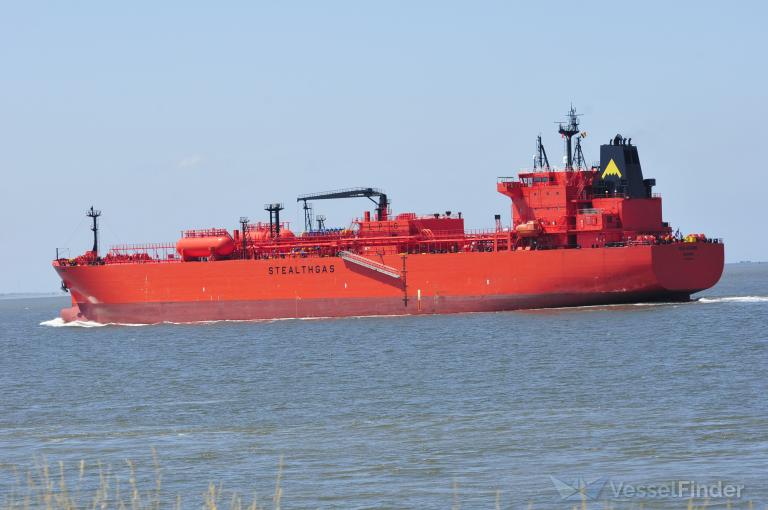
Explosion damages tanker in Russian port, marking 6th mysterious blast this year
An explosion "of an unknown nature" aboard the Eco Wizard tanker in Russia's Ust-Luga port near St. Petersburg caused an ammonia leak on July 6.

An explosion "of an unknown nature" aboard the Eco Wizard tanker in Russia's Ust-Luga port near St. Petersburg caused an ammonia leak on July 6.
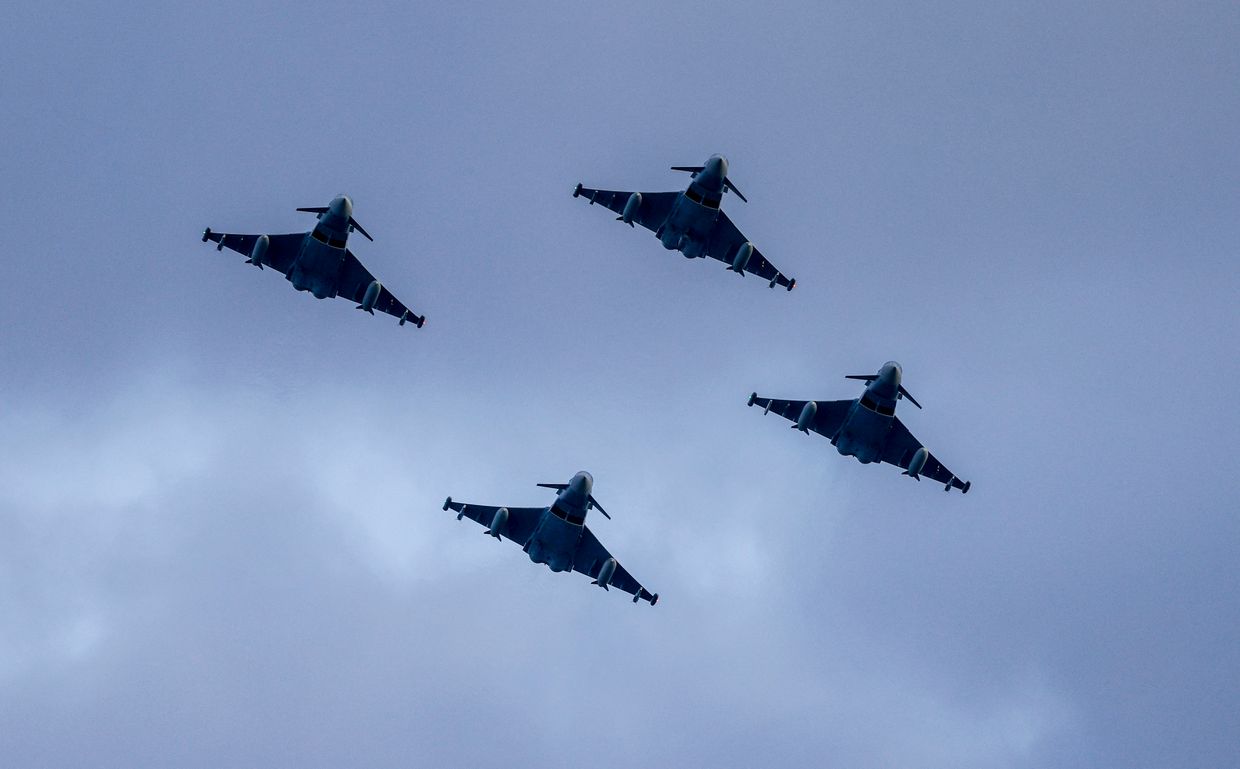
The incident adds to a series of aerial provocations reported by NATO allies since the start of Russia's full-scale invasion of Ukraine in 2022 as Moscow is suspected of using the aircraft to spy on the alliance's positions.
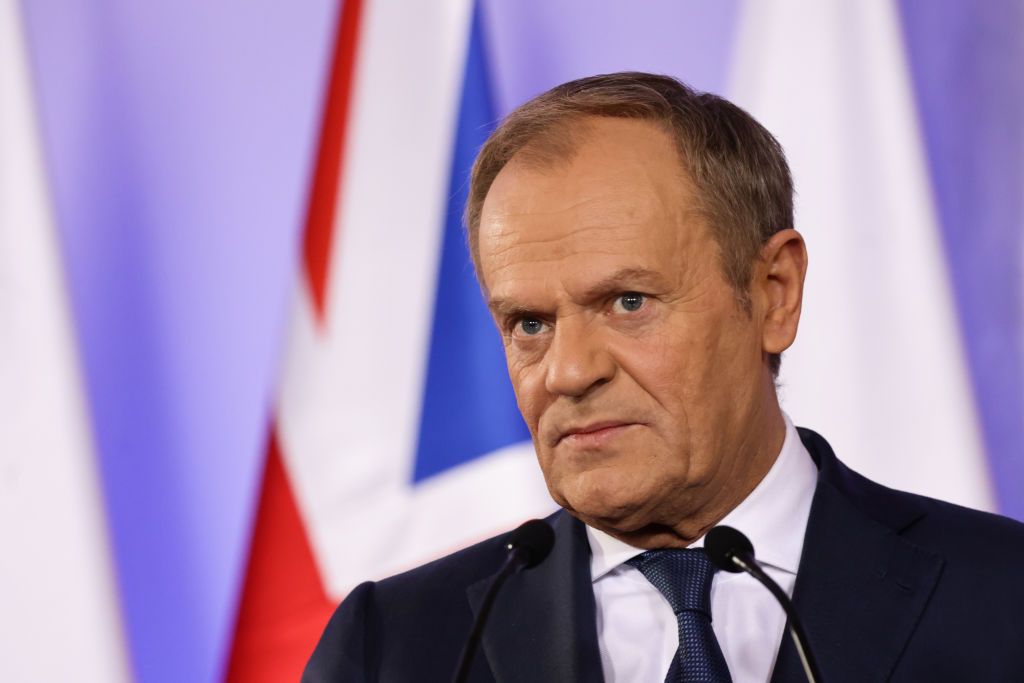
"After the effective intervention of our military, the ship sailed to one of the Russian ports," Polish Prime Minister Donald Tusk wrote on X.
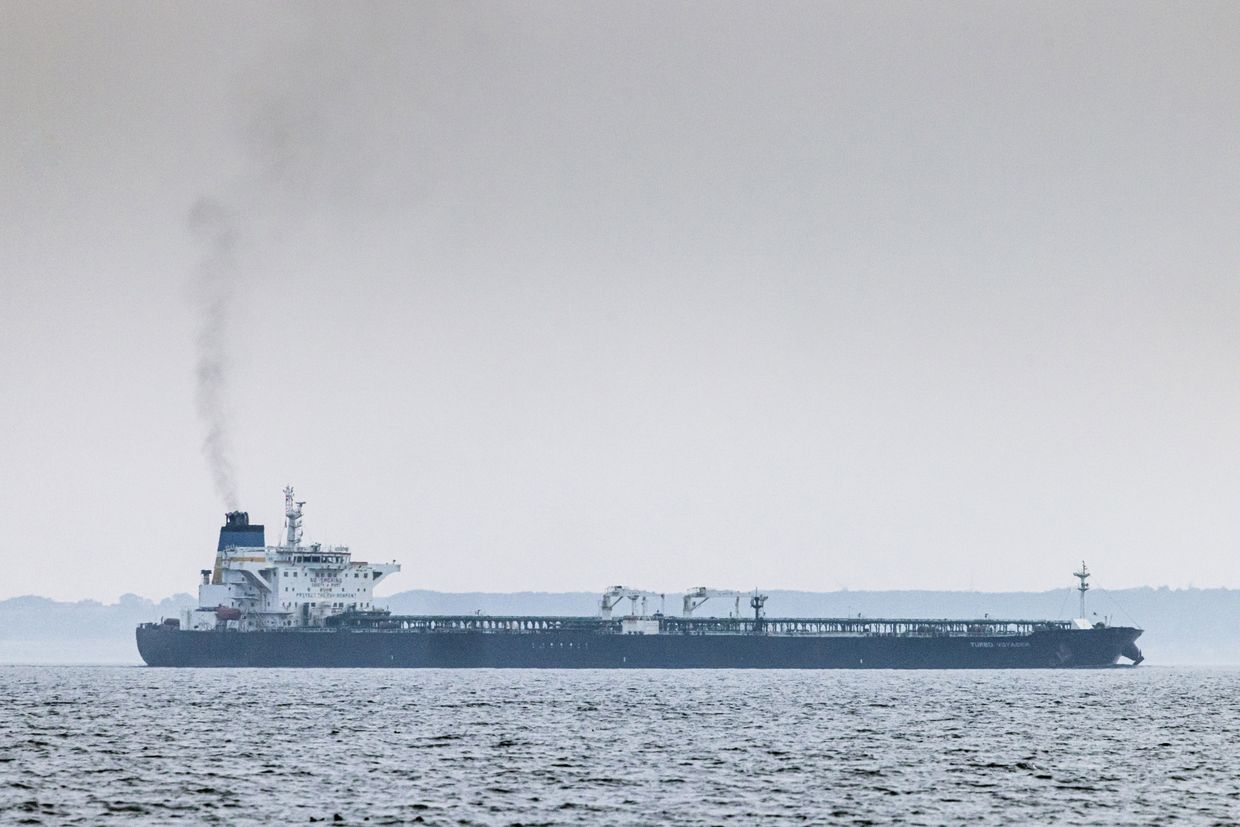
The detention followed recent moves by Estonia and its neighbors to clamp down on Russia's so-called "shadow fleet," which is used to bypass Western oil sanctions.
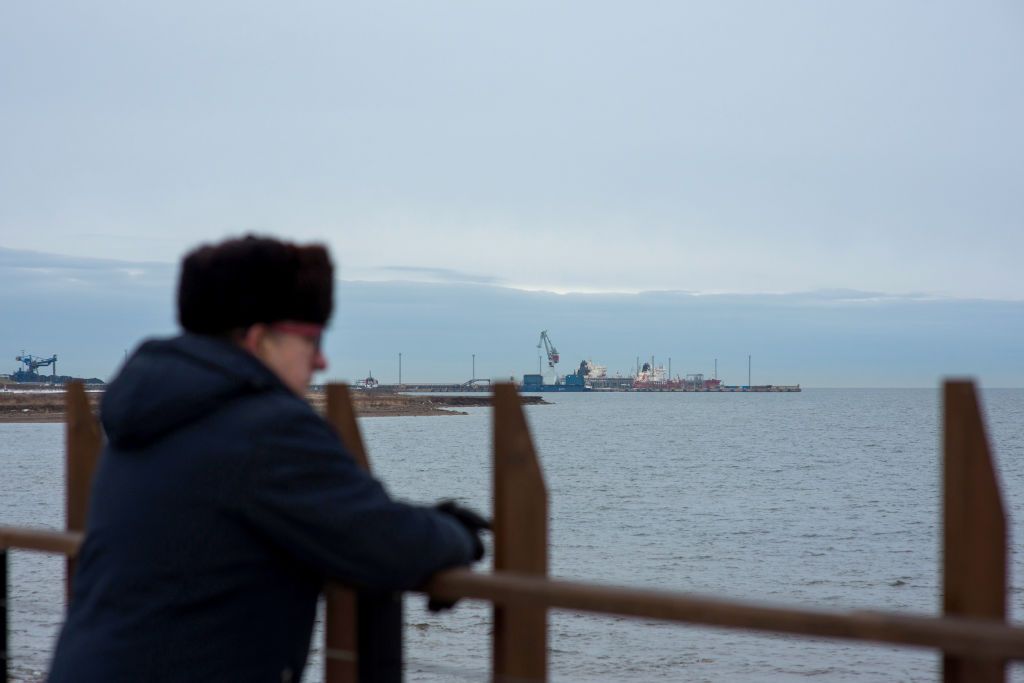
"Today's incident shows that Russia continues to behave unpredictably," Estonian Foreign Minister Margus Tsahkna said. Estonia will redirect port traffic through its own territorial waters.

German Foreign Minister Johann Wadephul said Germany and its allies are responding to hybrid threats in the Baltic region with increased patrols and renewed pressure on Russia's covert shipping operations.
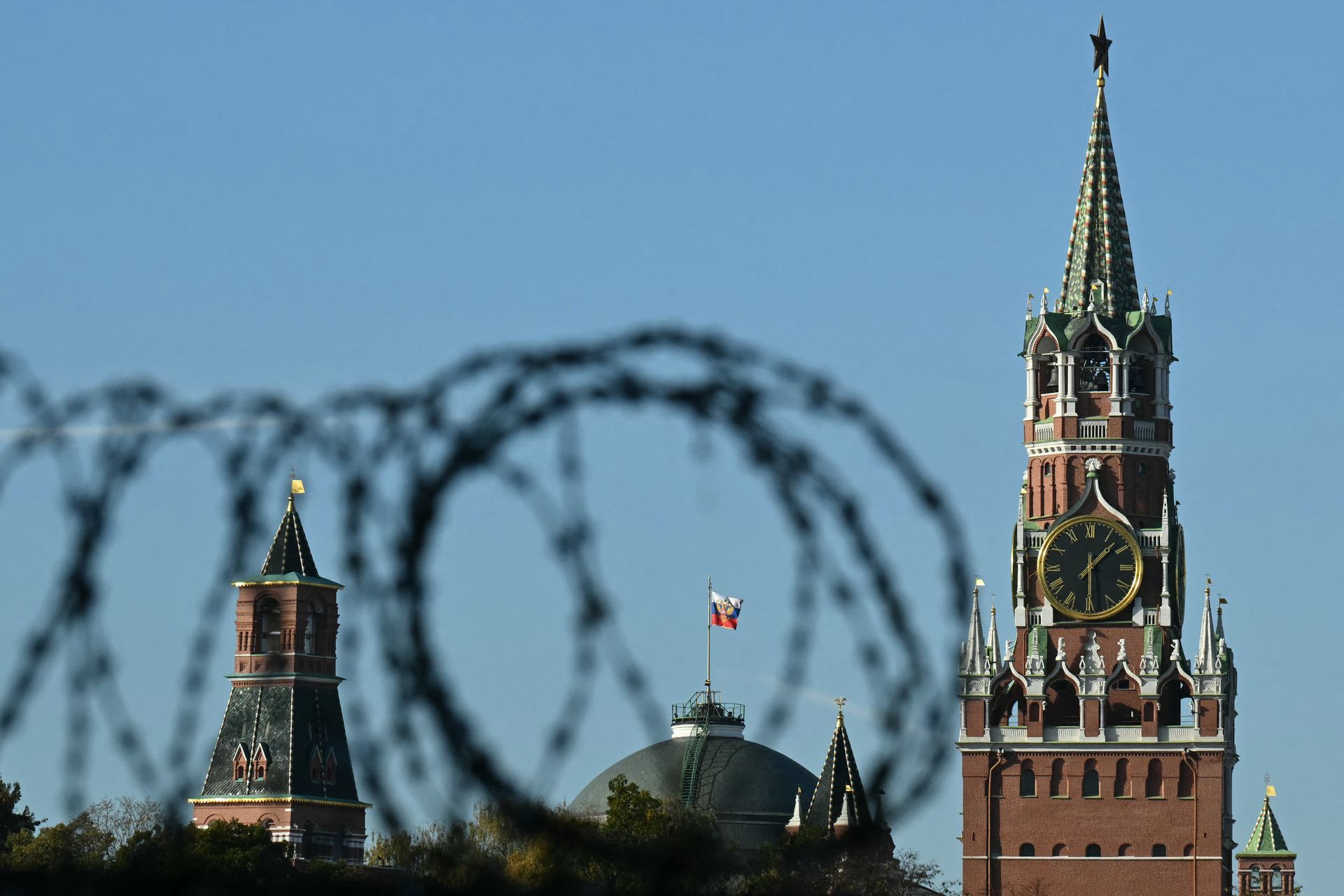
Alongside Russia launching its full-scale invasion of Ukraine, Moscow has also ramped up its hybrid attacks across Europe. In 2024 alone, Russia could be behind around 100 "suspicious incidents" in Europe, Czech Foreign Minister Jan Lipavsky claimed. Last month, the Dutch intelligence said that Moscow keeps stepping up its attacks
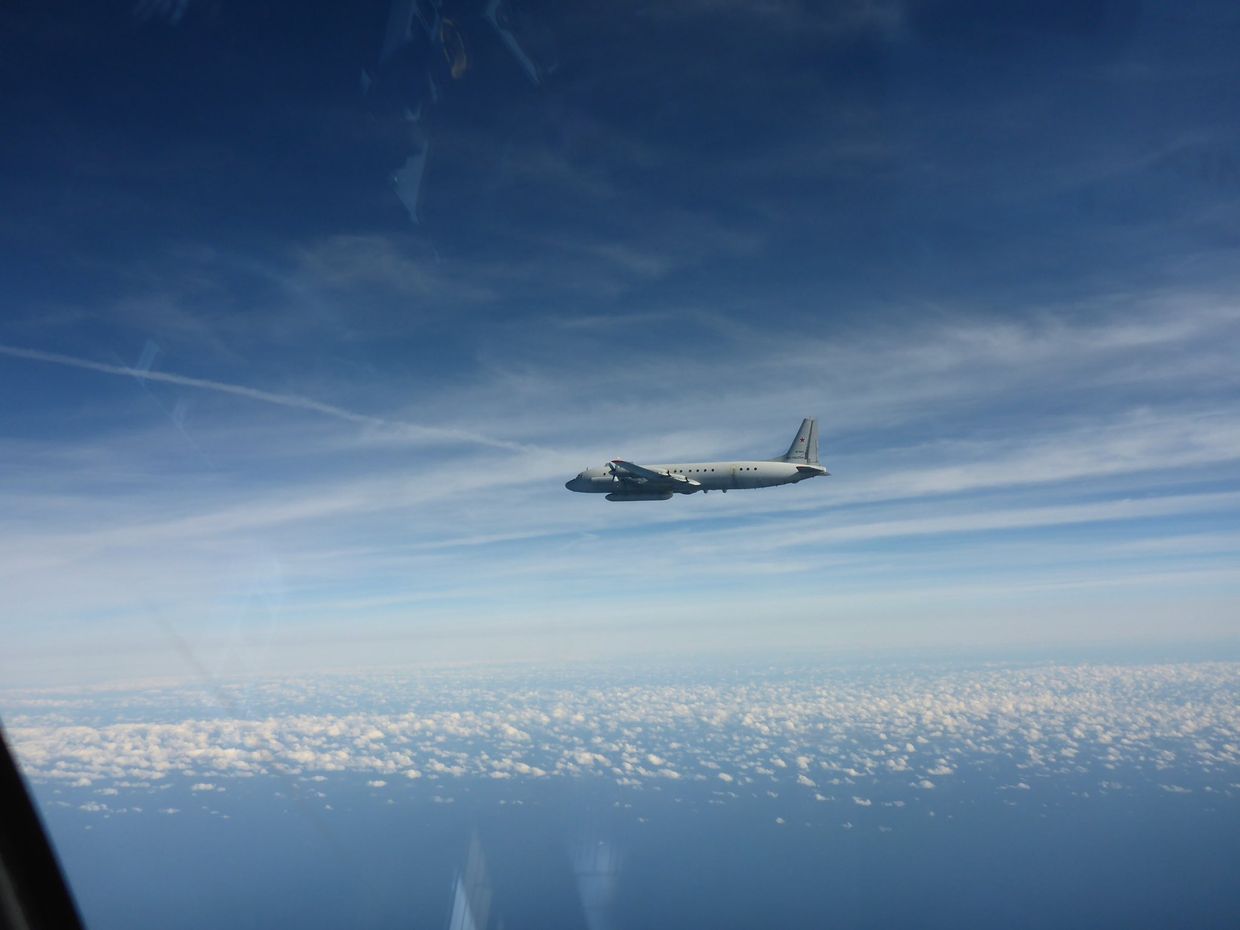
The annual report said Russia is using aggressive tactics, such as unauthorized airspace incursions and close encounters with NATO ships and aircraft.
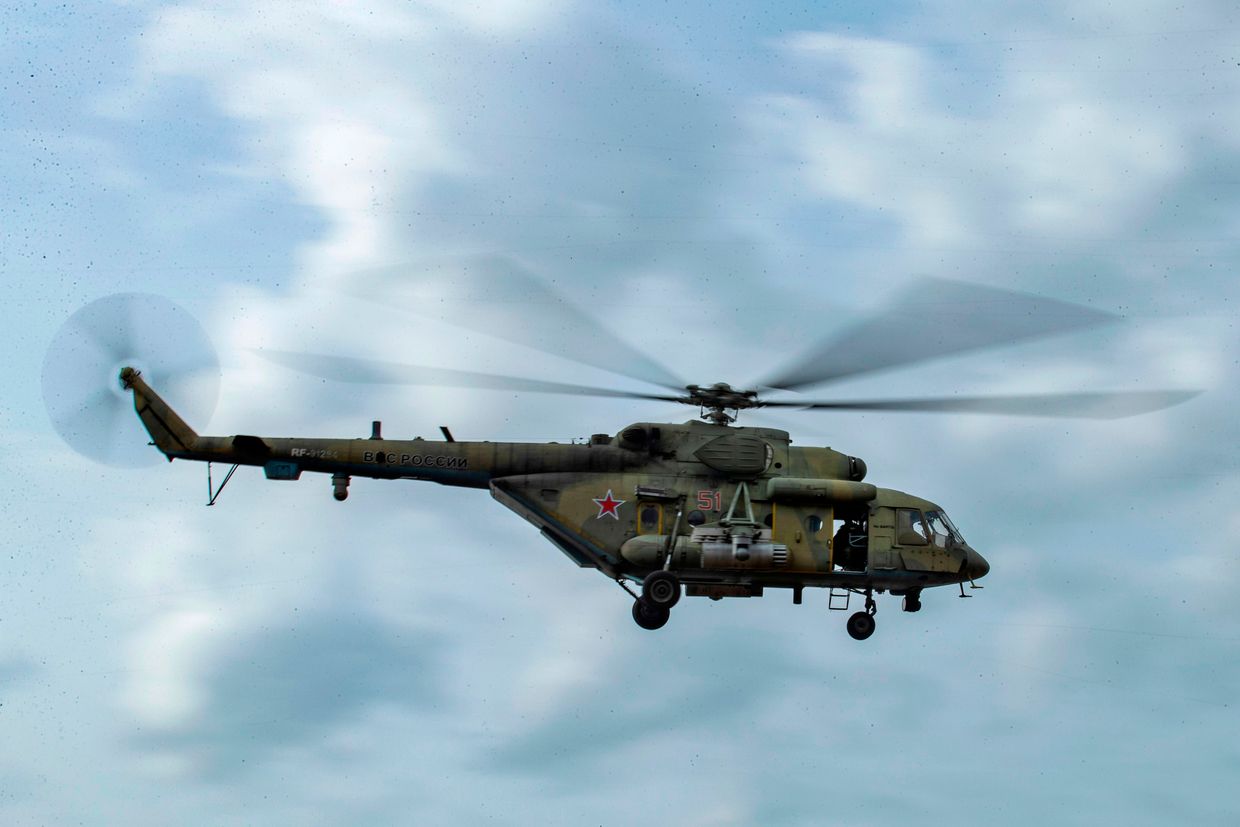
The helicopter was tracked by Polish military radar systems and civilian systems of the Polish Air Navigation Services Agency over Poland's territorial waters in the Baltic Sea.

Russian presidential aide Nikolai Patrushev accused the alliance, particularly the U.K., of provoking instability in the region.
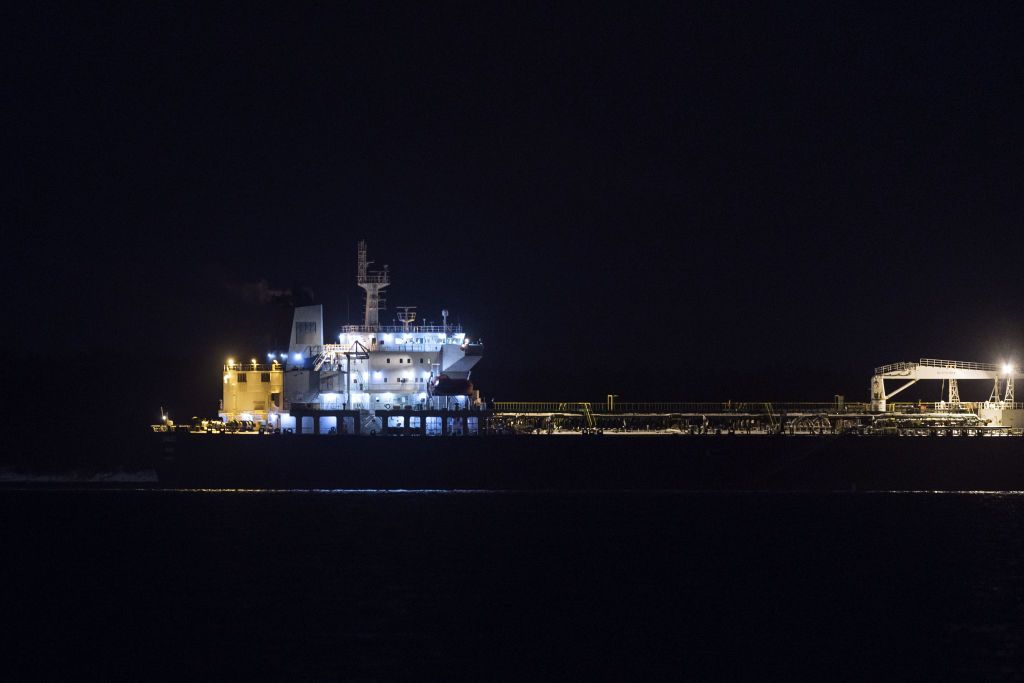
In January, the Swedish Navy found an anchor at the site of the sabotaged cables in the Baltic Sea. Finnish authorities suspect the Eagle S intentionally dragged its anchor along dozens of kilometers of the Baltic seabed, according to AFP.
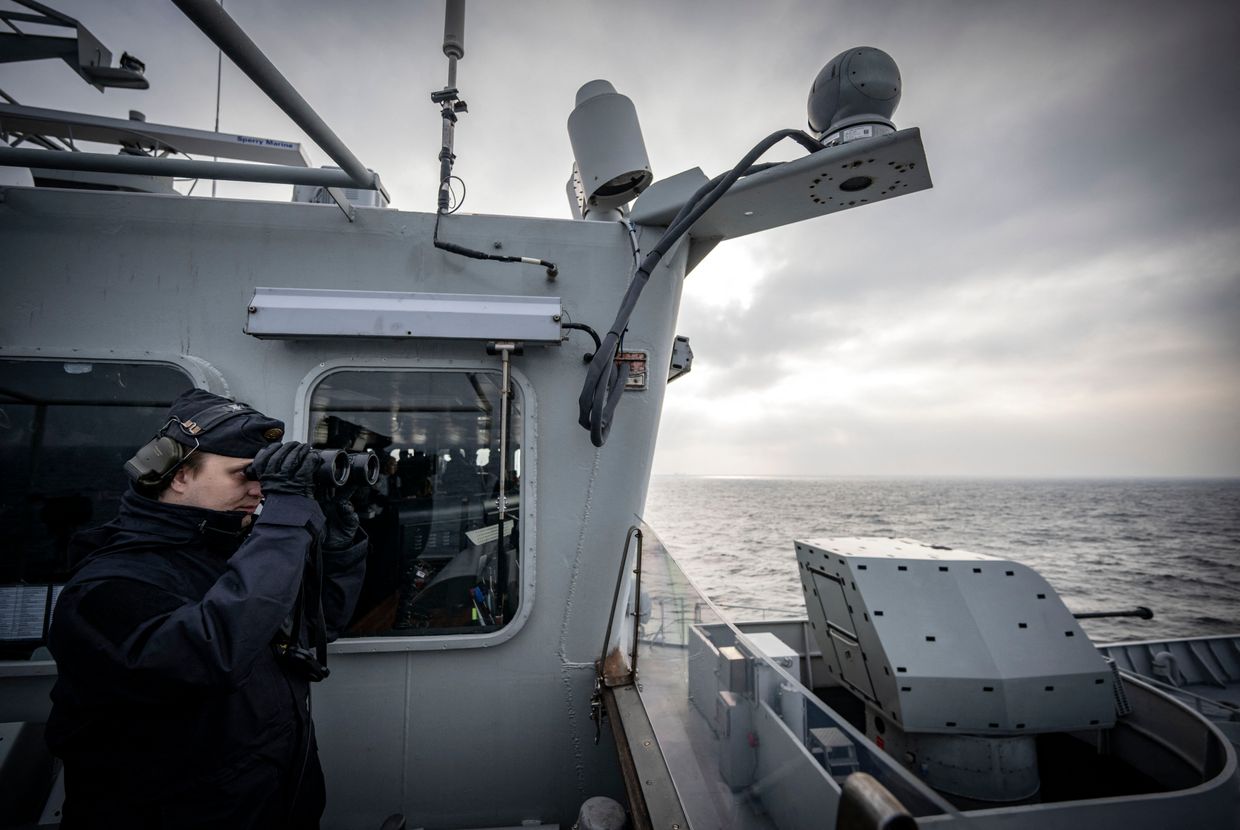
The fiber-optic cable, running between Finland and Germany, was damaged near the Gotland Island within the Swedish economic zone, Sweden's Coast Guard said.
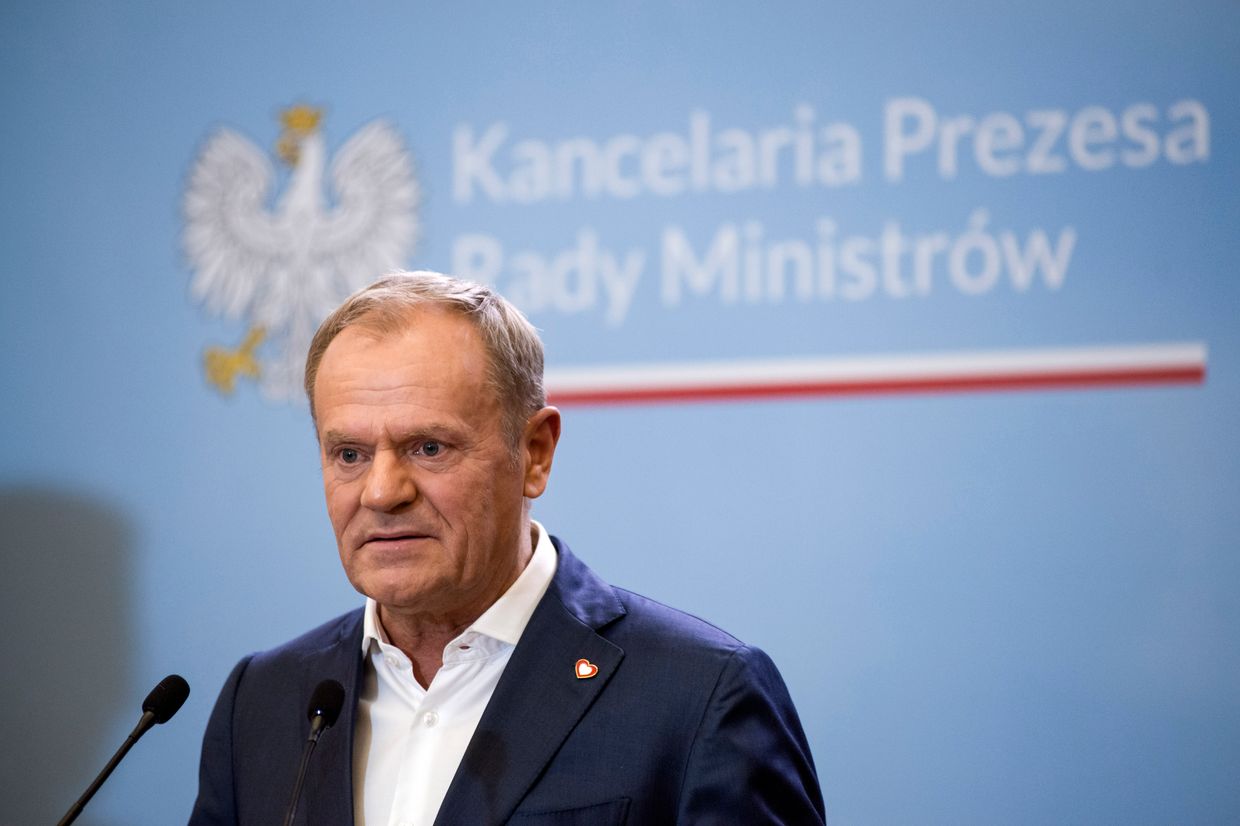
The EU must fund Ukraine with frozen Russian assets, strengthen borders, and boost defense spending, Polish Prime Minister Donald Tusk said on Feb. 20.

This would mark the first time that the Russian munitions carrier Maia-1, sanctioned by the U.S. and the EU, entered European waters, the Financial Times noted.
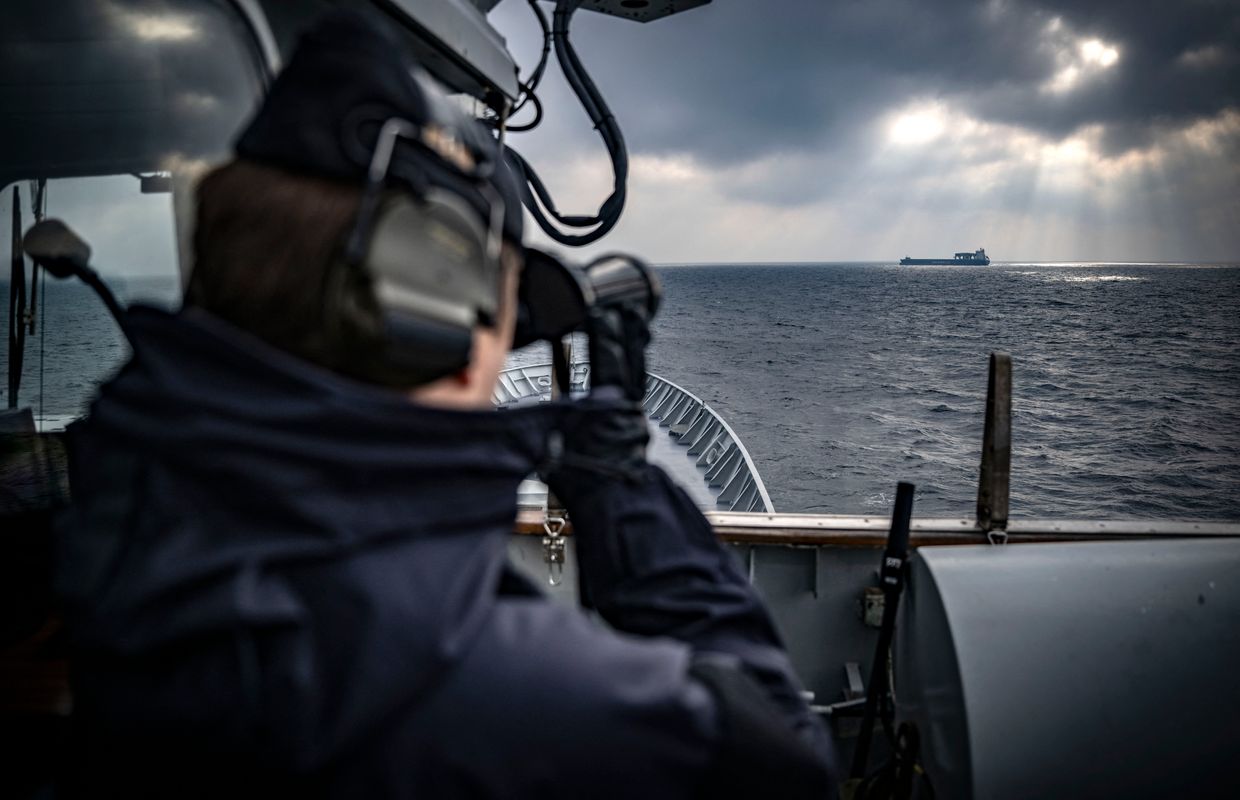
The European Union and NATO must strengthen cooperation to protect critical energy infrastructure from attacks, which pose a growing threat to European stability. The Kremlin, with its history of weaponizing energy, remains a prime suspect. NATO must properly secure the Baltic Sea — the so-called NATO lake. The Baltic states achieved
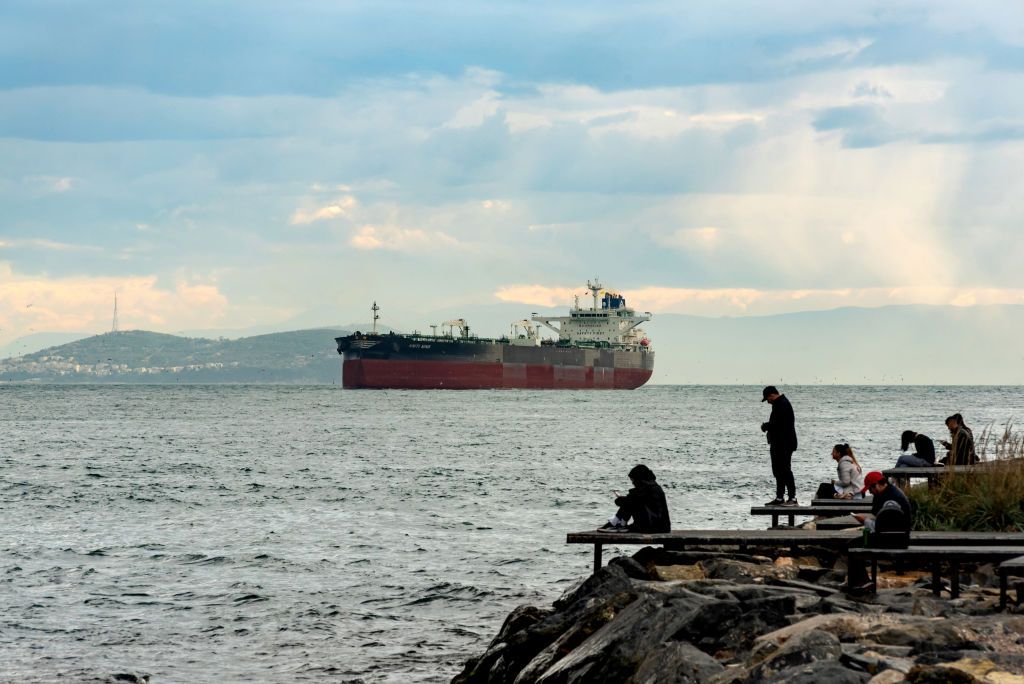
According to Politico, European countries are drafting new legislation that would enable potential seizures of Russian oil tankers on legal grounds.

The damage comes amid a series of recent disruptions to undersea telecom and power cables in the Baltic Sea. Western experts and officials have accused Russia of engaging in hybrid warfare against countries supporting Ukraine.

The vessel, which operates under the Norwegian flag and travels between St. Petersburg and Murmansk, was seized in Tromso at Latvia's request following a local court order.
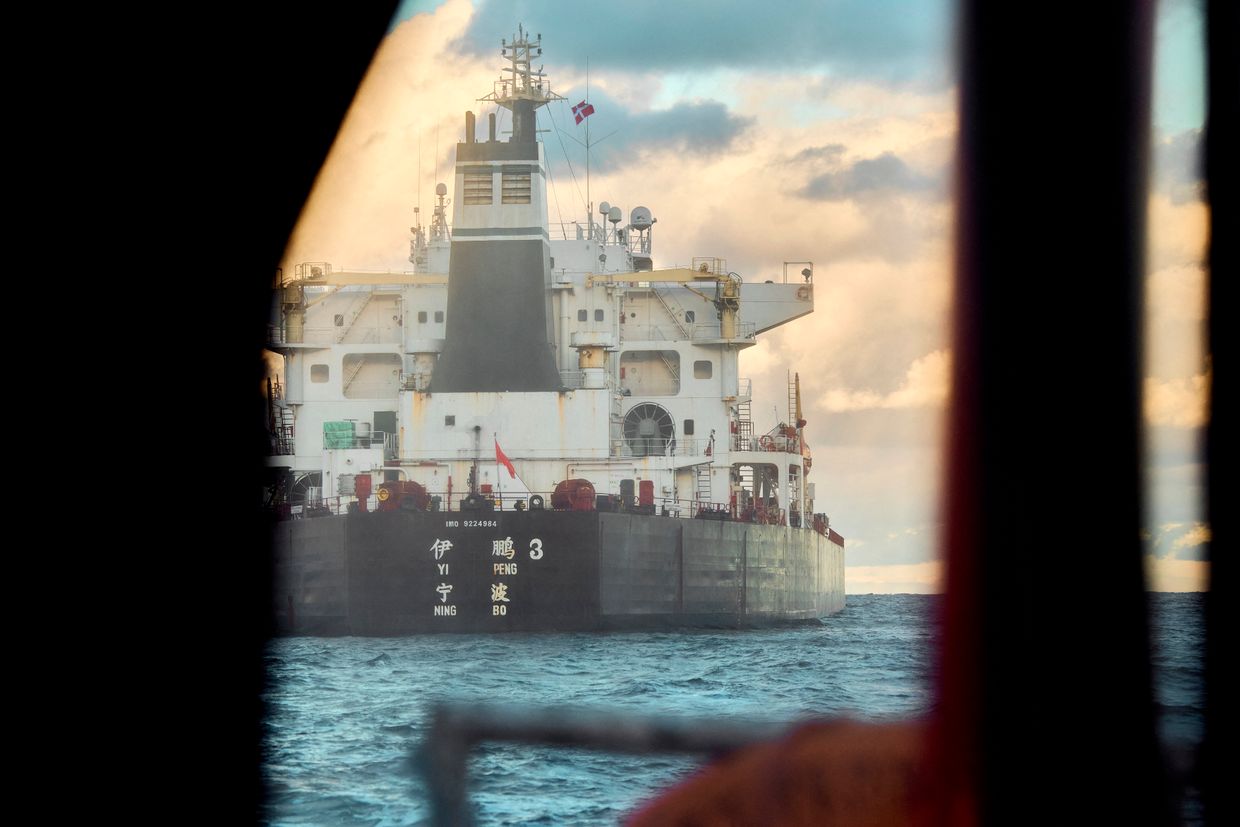
Following Russia's full-scale invasion of Ukraine in 2022, concerns over the security of energy and communication infrastructure in the Baltic Sea intensified. Initially, focus was placed on the threat of hybrid attacks from Russia. However, it became evident that Russian military vessels and so-called "research" ships were actively mapping the
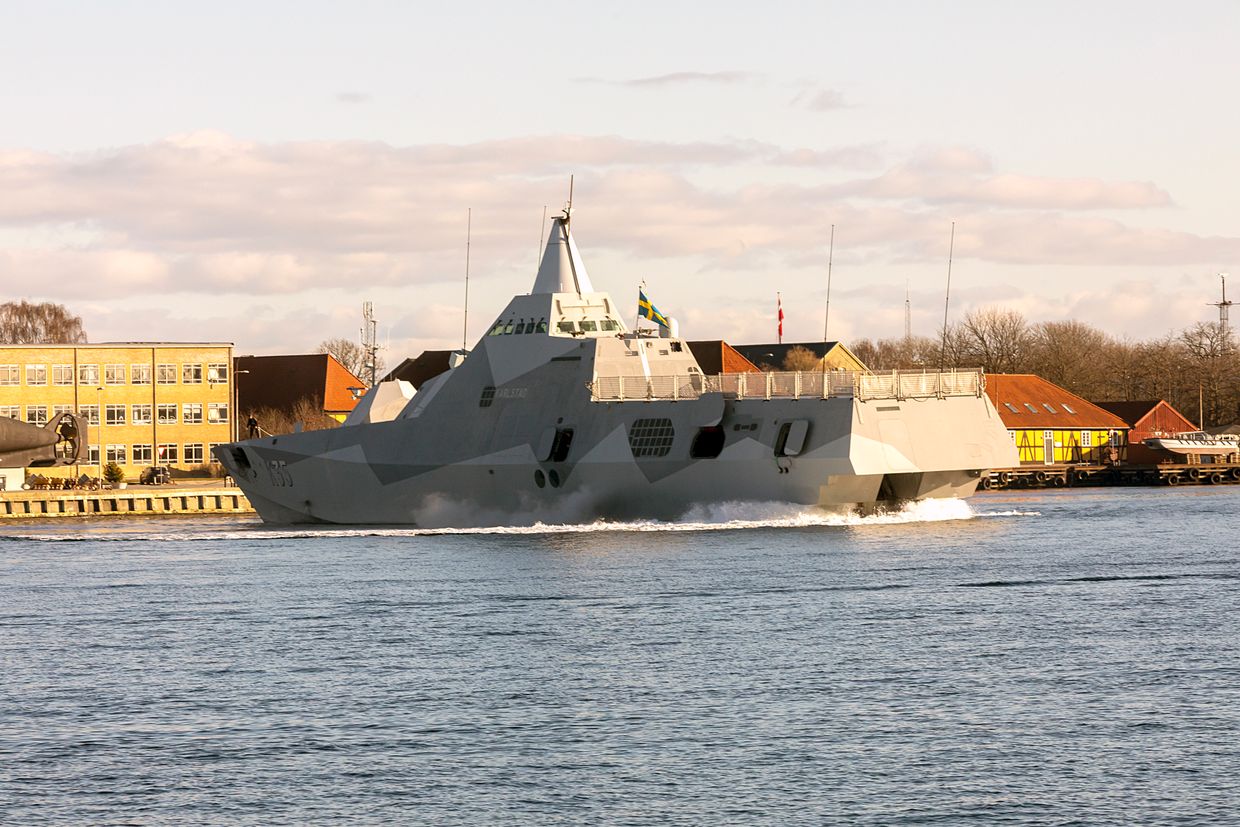
According to information obtained by AP from a ship-tracker software, the Malta-flagged Vezhen departed from the Russian port of Ust-Luga several days earlier and was navigating near the site of damage.
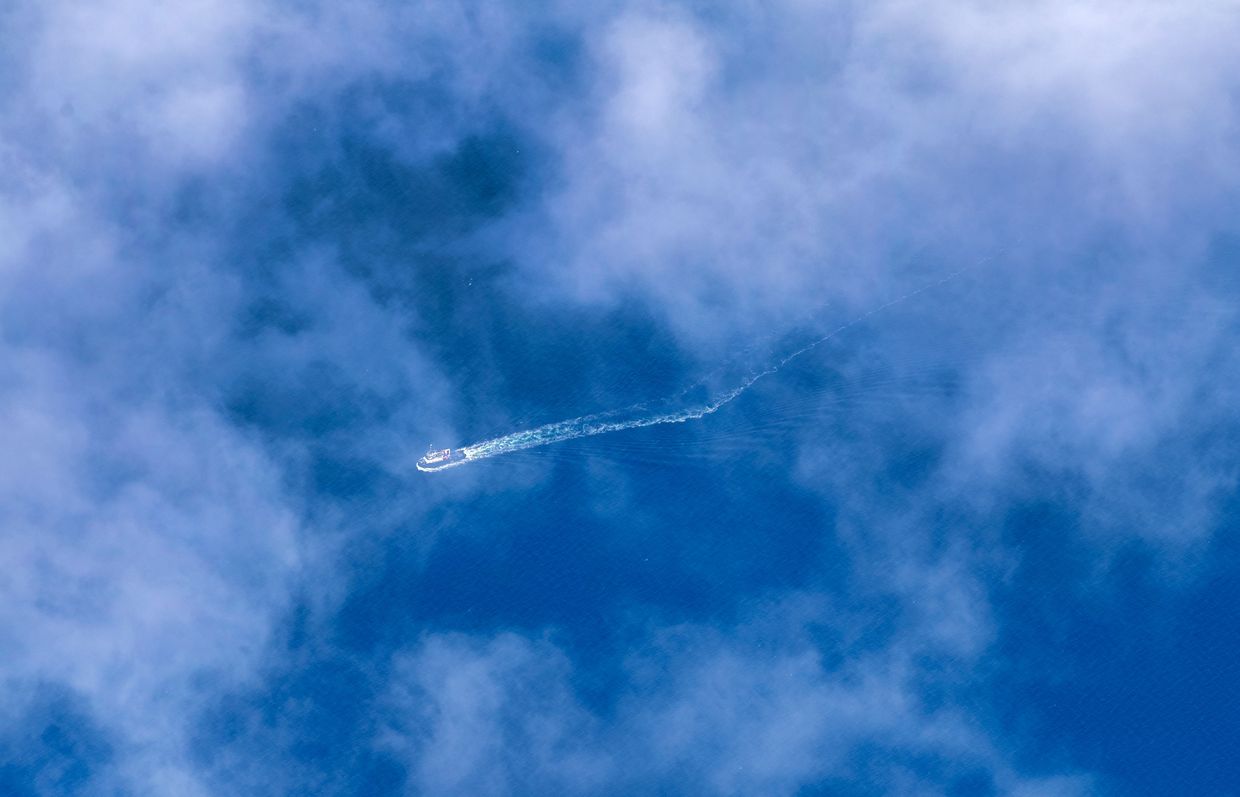
An underwater fiber optic cable belonging to the Latvian State Radio and Television Broadcasting Center (LVRTC) was significantly damaged on Jan. 26, reportedly due to external impact, according to LVRTC representative Vineta Sprugaine.
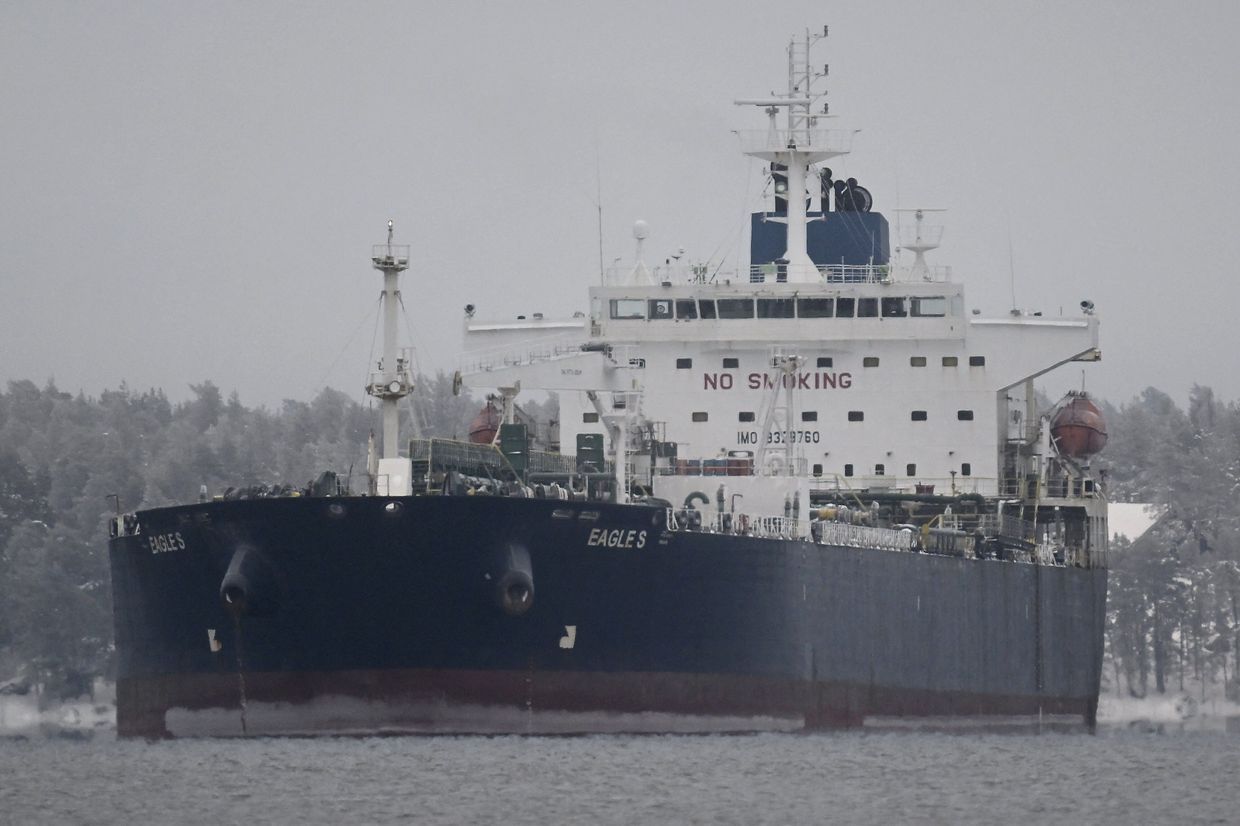
Intelligence officials in the U.S. and Europe have suggested that recent incidents damaging critical cables in the Baltic Sea were accidental, according to a Washington Post report. Western geostrategic self-deception has overly emphasized fears of escalation and cornering Russia. It would be naïve to assume that the repeated cutting
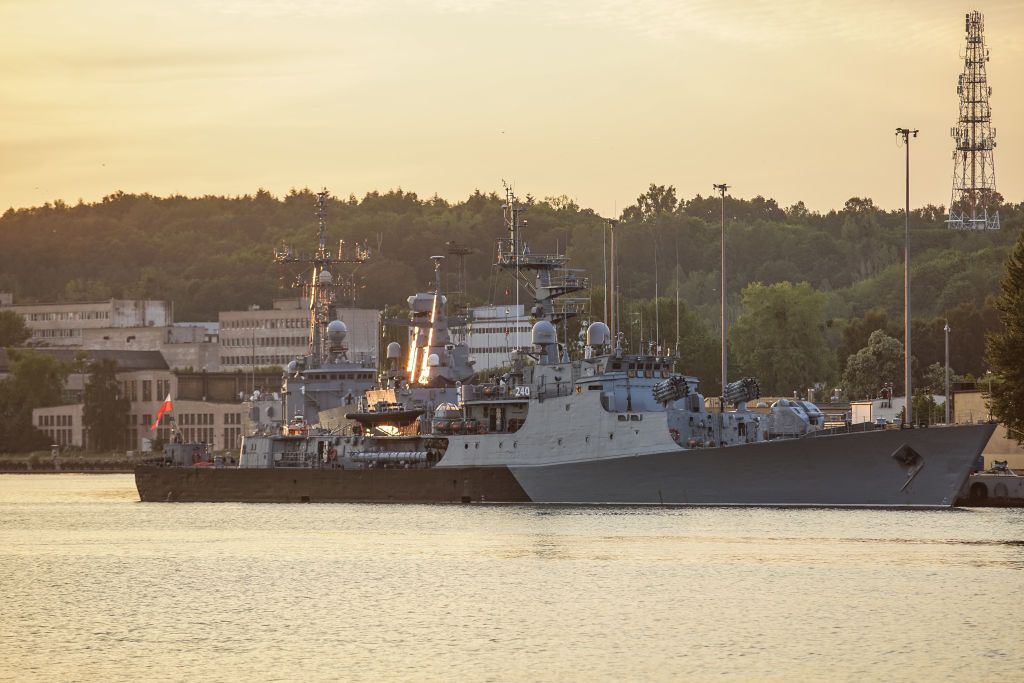
Amid a series of incidents that have damaged critical cables in the Baltic Sea, intelligence services in the U.S. and Europe are increasingly convinced that accidents led to the incidents, according to a new report by the Washington Post on Jan. 19.
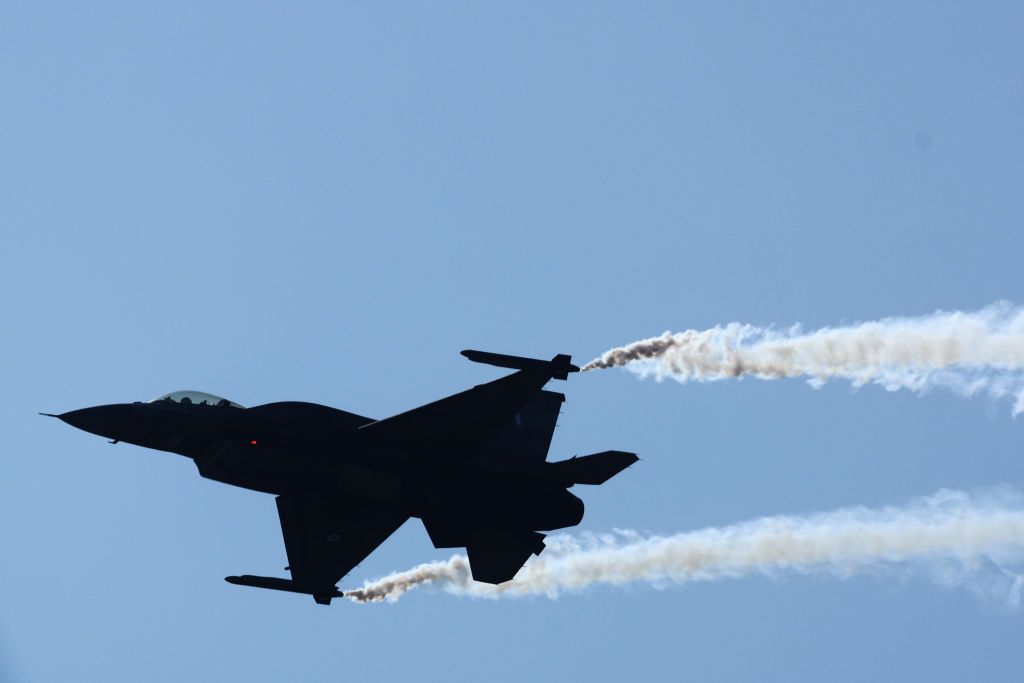
A French maritime patrol aircraft was the target of intimidation tactics over the Baltic Sea overnight on Jan. 17, after the aircraft was locked onto by the radar of a Russian ground-to-air defense system, France's Defense Minister Sebastien Lecornu said on social media.

The summit welcomed NATO’s "Baltic Sentry" mission, aimed at monitoring, deterring, and responding to potential threats. Up to 10 NATO vessels will patrol the Baltic Sea until April, enhancing situational awareness and protecting critical undersea infrastructure.

Since Russia’s invasion of Ukraine in 2022, the Baltic Sea region has faced numerous disruptions to power cables, telecom links, and gas pipelines.
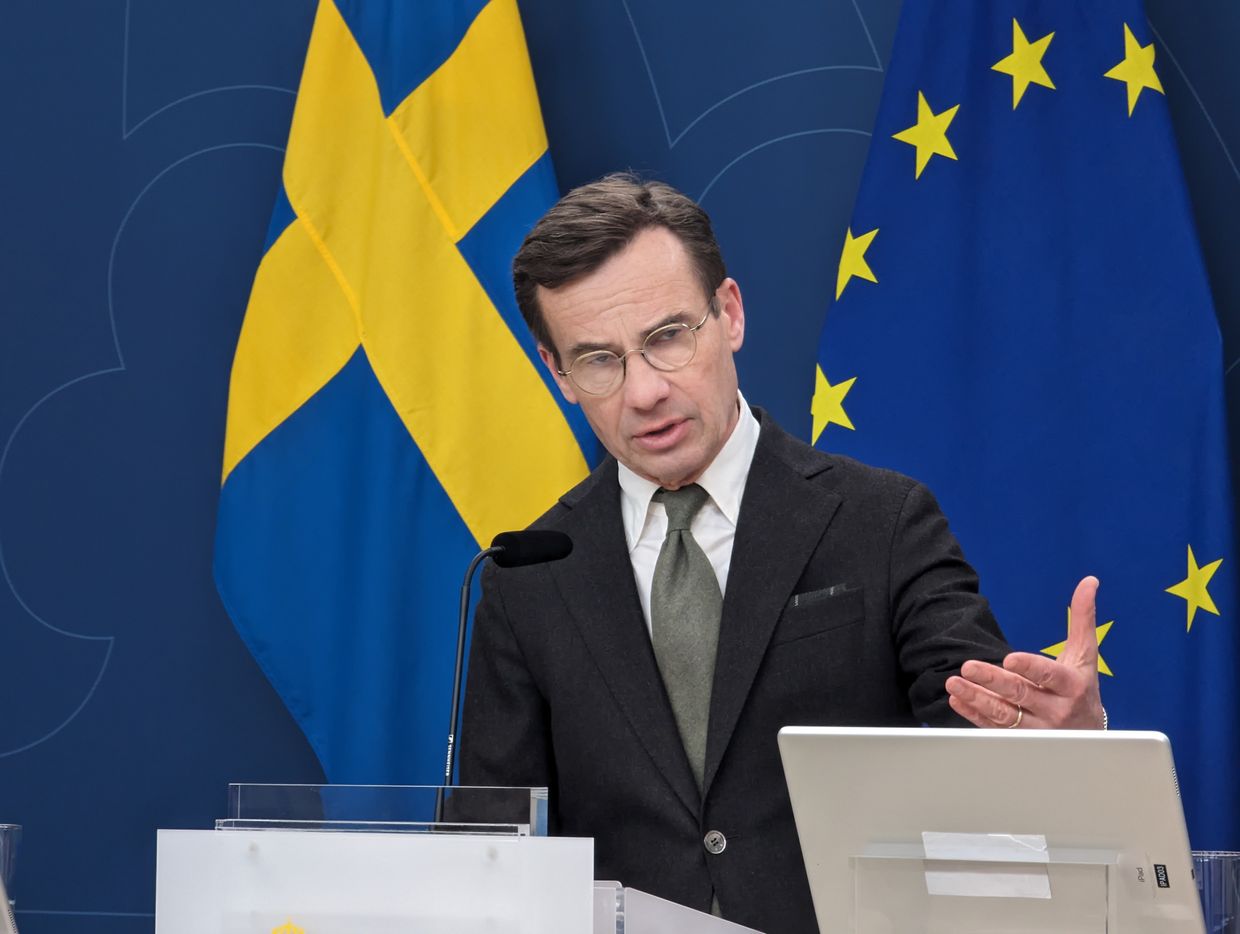
Sweden will increase its military presence in the Baltic Sea through the deployment of three warships and a radar reconnaissance aircraft in response to the suspected sabotage of several underwater cables, Swedish Prime Minister Ulf Kristersson said on Jan. 12.
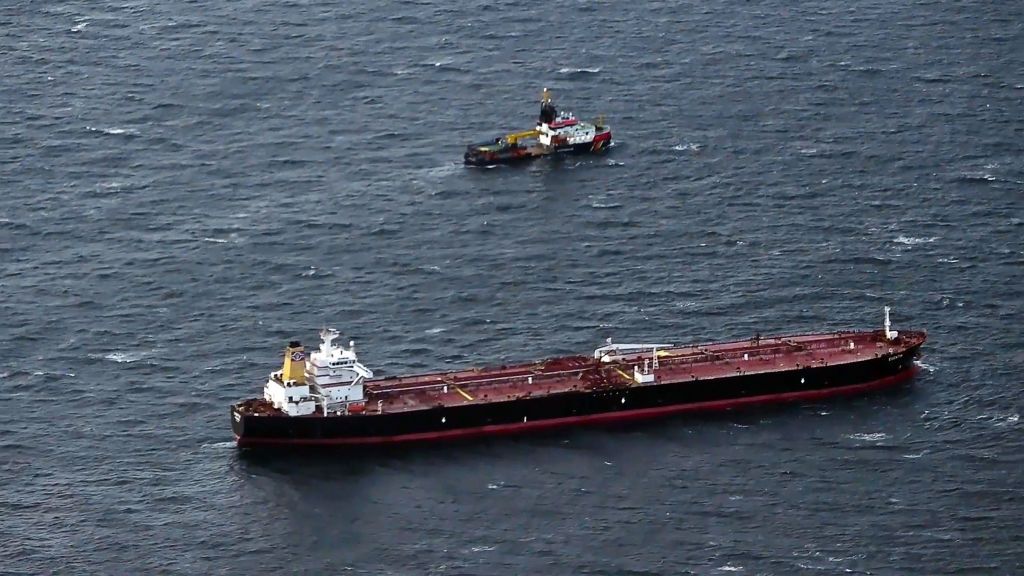
"The towing convoy is moving eastwards to a position northeast of Cape Arkona (Rügen)," Germany's Central Command for Maritime Emergencies (CCME) said, referring to the German island in the southwestern part of the Baltic Sea.
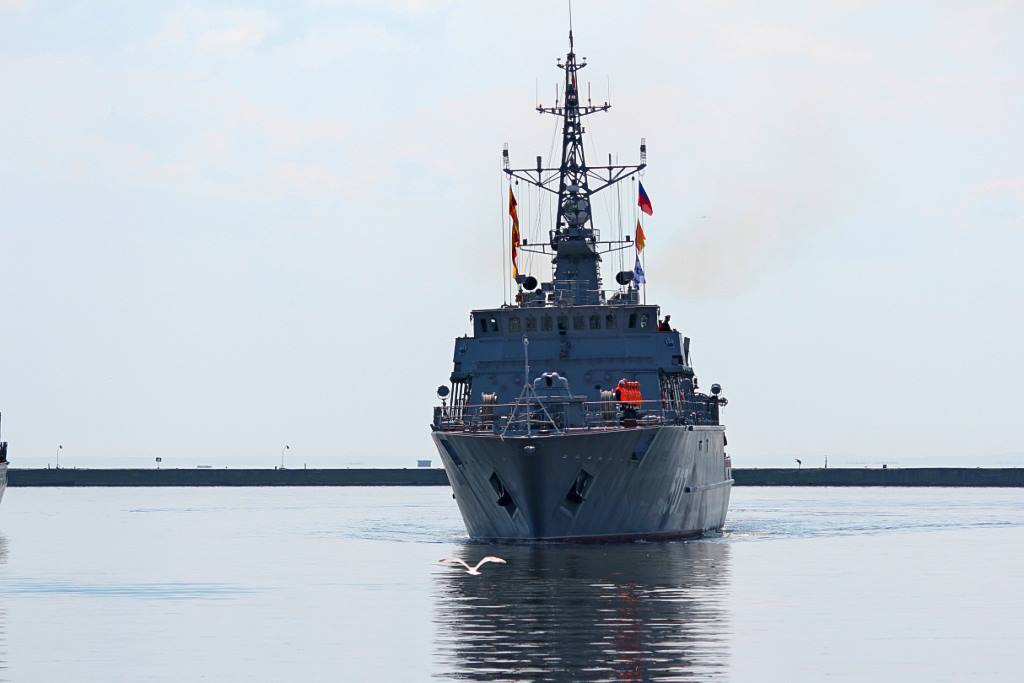
The meeting, co-organized by Finland and Estonia, will focus on enhancing NATO's presence in the Baltic Sea and responding to risks posed by Russia’s so-called shadow fleet, a group of tankers allegedly used for sanction evasion and espionage.
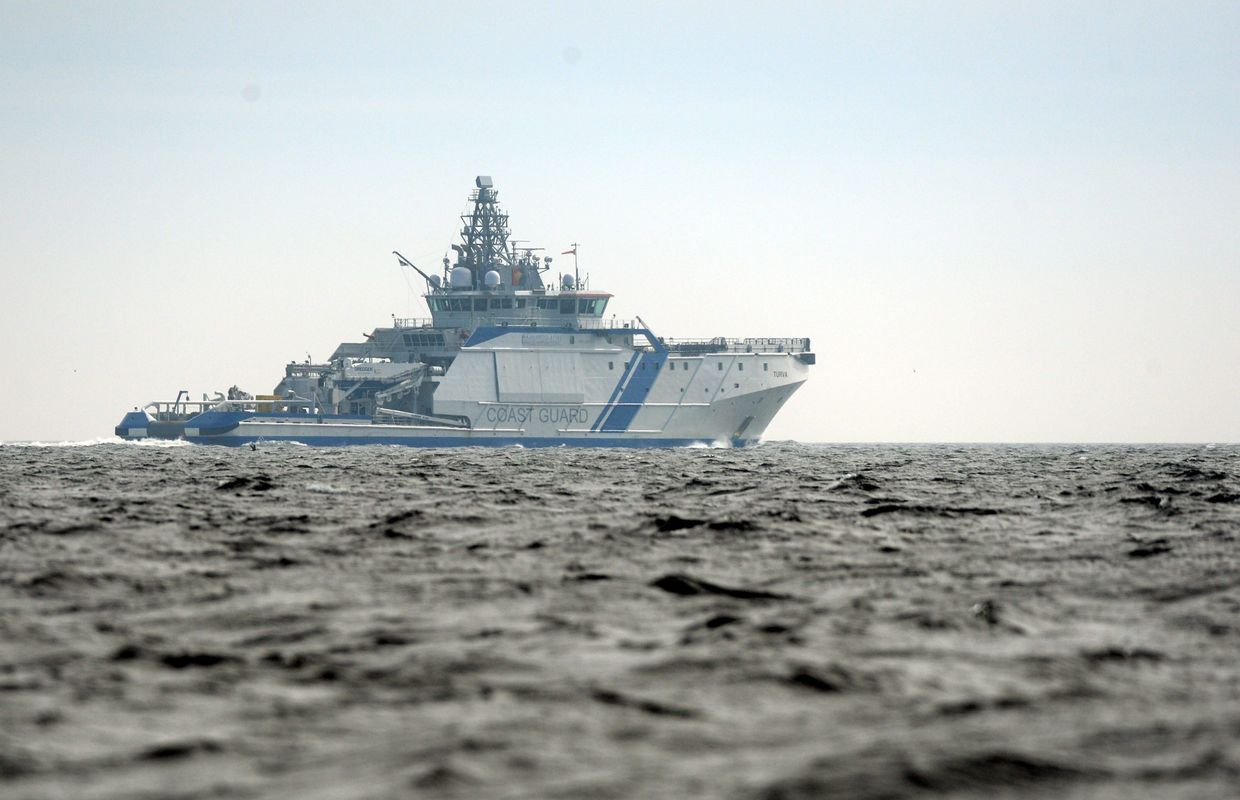
A fleet of up to 10 NATO vessels will guard the infrastructure under the Baltic Sea until April, the Finnish broadcaster YLE reported on Jan. 7 after several cables were cut in suspected sabotage.

The Helsinki District Court has ruled to keep the oil tanker — suspected of belonging to Russia's "shadow fleet" — under seizure, despite an appeal from the ship's owner.

The damaged cable is one of several recent incidents in the Baltic Sea under investigation as possible acts of sabotage.



